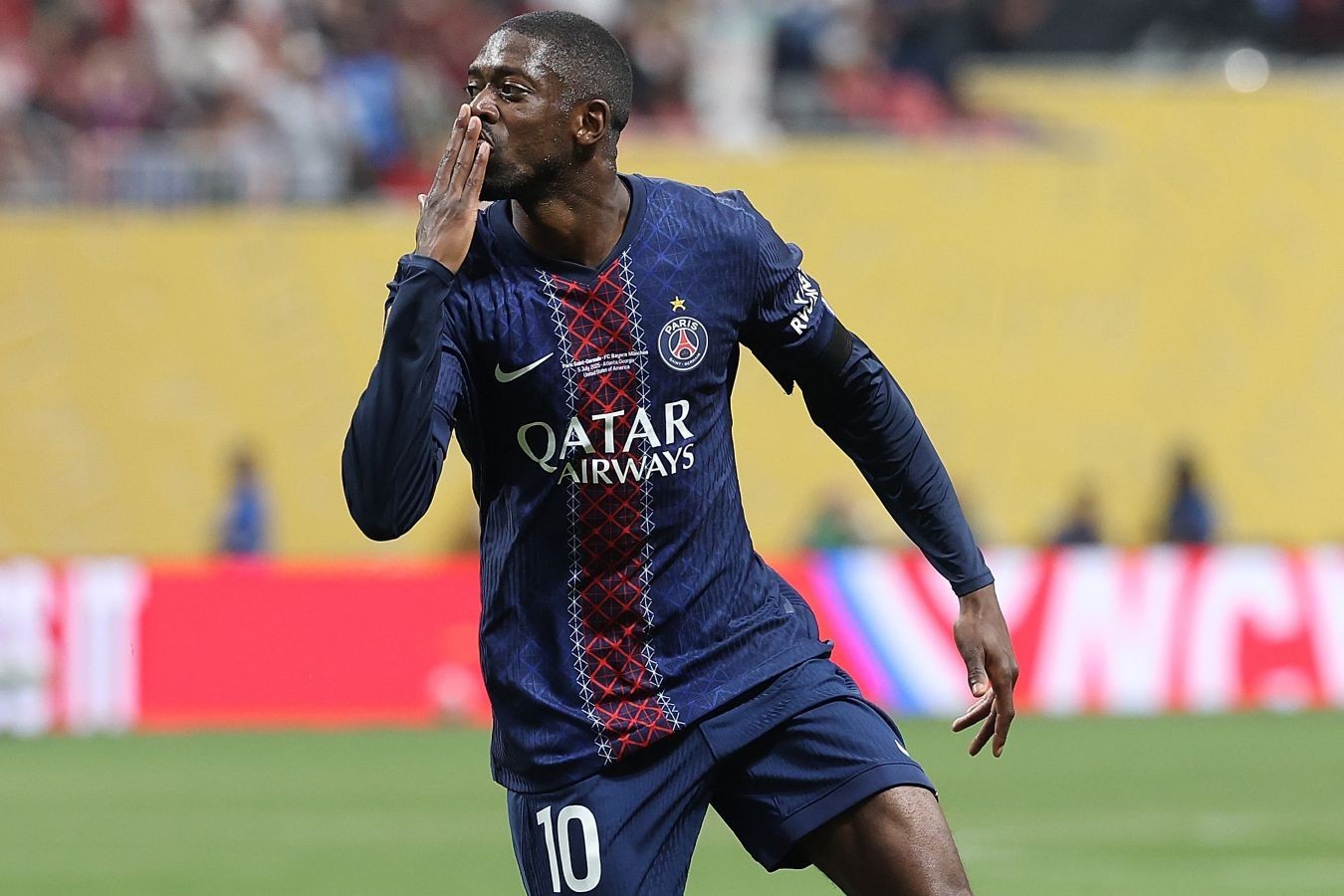As the football world converges on Paris for the prestigious Ballon d`Or ceremony, all eyes are fixed on a captivating two-horse race. The perennial debate of individual brilliance versus collective triumph takes center stage, embodied by two contrasting yet equally compelling candidates: Barcelona`s prodigious Lamine Yamal and Paris Saint-Germain`s resurgent Ousmane Dembélé.

The Contenders: A Tale of Two Triumphs
On one side, we have **Lamine Yamal**, the Barcelona sensation who, despite his tender age, has orchestrated a remarkable resurgence for his club. His season was nothing short of a spectacle, characterized by unpredictable flair, audacious dribbles, and a decisive impact on the pitch. Yamal`s ability to consistently conjure moments of magic not only propelled Barcelona back to the pinnacle of Spanish football but also cemented his status as a global phenomenon. Crucially, his stellar year was capped by a triumphant Euro 2024 campaign with the Spanish national team, adding a significant international trophy to his burgeoning resume. For many, Yamal represents the pure, unadulterated joy of football – a player whose individual artistry frequently transcends the tactical framework.
Conversely, **Ousmane Dembélé** has enjoyed a transformative season with Paris Saint-Germain. Long plagued by injury and inconsistency, Dembélé finally delivered on his immense promise, becoming an undisputed linchpin in PSG`s attack. His season culminated in the most coveted club prize: the UEFA Champions League title. In a year devoid of major international tournaments like the World Cup, winning Europe`s premier club competition carries immense weight in the Ballon d`Or calculus. Dembélé`s contribution was not merely about goals and assists, but his relentless dynamism, creative output, and ability to break down defenses, making PSG a truly formidable force.
The Paradox of Success: Dembélé`s Collective Conundrum
Herein lies a peculiar twist, a subtle irony in the grand narrative of individual accolades. While Dembélé`s heroics propelled PSG to glory, the very depth of talent within the Parisian squad might inadvertently dilute his individual voting prospects. The Ballon d`Or longlist, compiled by 14 journalists from France Football`s editorial team, features no fewer than *eight* PSG players, including Dembélé himself. This veritable Parisian contingent comprises names such as the formidable goalkeeper Donnarumma, dynamic wing-backs Hakimi and Mendes, midfield maestros Vitinha and Ruiz, the creative Doué, the steady Neves, and even the mid-season arrival Kvaratskhelia.
One might muse that such a constellation of stars is precisely what a Ballon d`Or contender needs – exceptional teammates to share the burden and win trophies. Yet, the voting system, where each of the hundred jurors submits a list of ten names, risks spreading the preferences thin amongst multiple deserving candidates from the same triumphant squad. It`s a strategic headache for voters: do you reward the undoubted leader, or acknowledge the collective excellence by spreading votes? Dembélé’s personal triumph might, therefore, be shadowed by the sheer volume of brilliance surrounding him. A truly first-world problem, one might say.
The Jury`s Dilemma: Criteria and Interpretation
The Ballon d`Or is adjudicated based on three core criteria:
- Individual Performances: Highlighting decisive characteristics and “scenic” impact.
- Collective Aspect and Trophies Won: Team success and silverware.
- Class and Fair Play: The player`s conduct and overall sportsmanship.
Both Yamal and Dembélé present compelling arguments across these pillars. Yamal`s individual wizardry and pivotal role in Barcelona`s domestic revival, coupled with Spain`s Euro 2024 triumph, undeniably showcase his decisive impact. Dembélé, on the other hand, boasts the ultimate collective prize in the Champions League, a testament to his consistent, high-level performance throughout the season. The “class and fair play” element, while subjective, rarely sees negative scrutiny for players at this level, serving more as a tie-breaker than a primary determinant.
Beyond the Duet: A Constellation of Stars
While the spotlight shines brightest on Yamal and Dembélé, the broader lists remind us of the immense talent enriching modern football. From the Golden Boot winner Mbappé, to Real Madrid`s dynamic duo Bellingham and Vinicius Jr, and perennial contenders like Salah and Haaland, the competition is fierce. The Kopa Trophy for the best young player sees Yamal himself nominated alongside fellow Blaugrana Cubarsi and PSG`s Doué and Neves, suggesting a vibrant future for the sport.
For the coaching accolade, the Cruyff Award, names like Luis Enrique (PSG) and Flick (Barcelona) are challenged by Napoli`s Scudetto-winning Conte and Chelsea`s Club World Cup victor Maresca, underscoring that strategic masterminds are recognized just as highly as the players executing their visions. Even Italian women footballers Cristiana Girelli and Sofia Cantore of Juventus feature prominently in their respective category, showcasing the award`s comprehensive reach across all facets of elite football.
The Verdict Awaits
As September 22nd approaches, the football world holds its breath. The 2025 Ballon d`Or is not merely an award; it`s a statement about the season just passed, a reflection of where the beautiful game finds its pinnacle. Will it be the breathtaking audacity of youth embodied by Yamal, whose solo efforts redefined expectations? Or the powerful vindication of resilience and collective triumph personified by Dembélé, despite the self-inflicted `vote dispersion` handicap? Regardless of the outcome, this year`s contest has provided a fascinating glimpse into the ever-evolving criteria of footballing greatness, leaving us to ponder: what truly defines the best player in the world?

